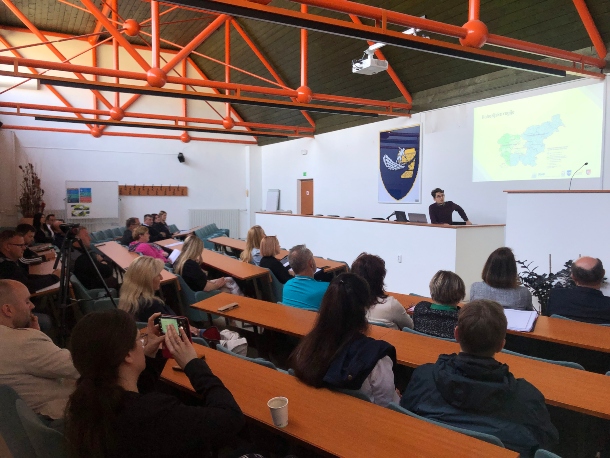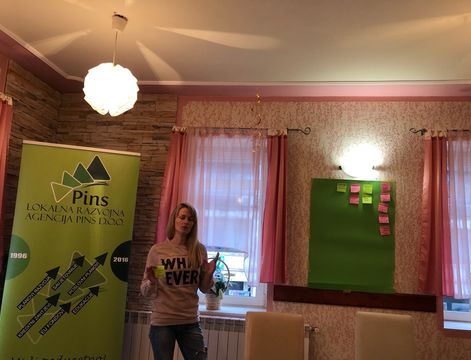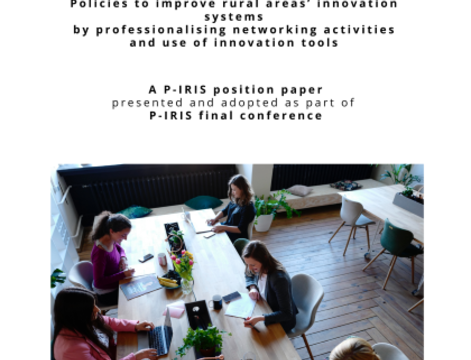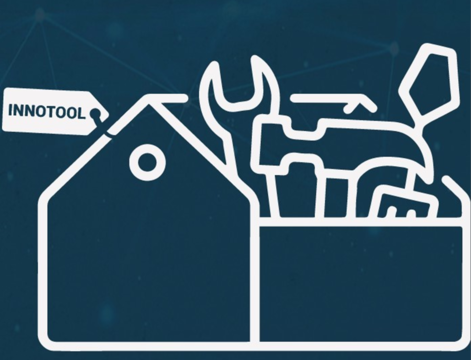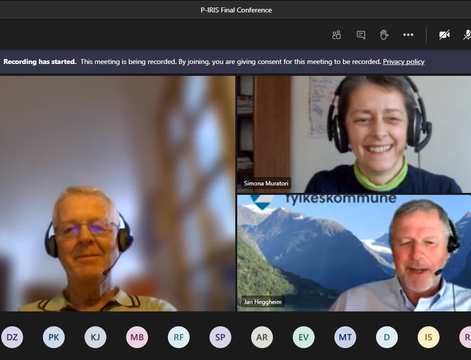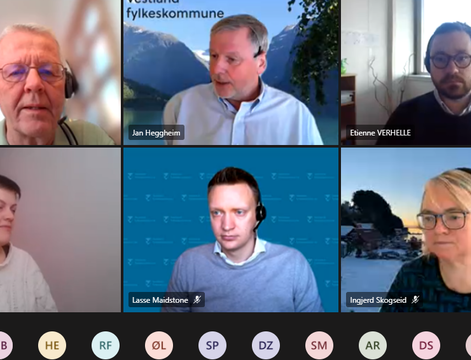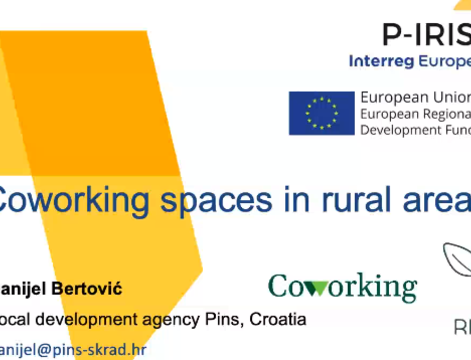P-IRIS has offered stakeholders to meet, network, share ideas and knowledge. Presentations of good practices were the richest input for stakeholders of Development Centre of the Heart of Slovenia too. Phase one has finished in the best way possible, we achieved the policy change in two municipalities (Litija and Šmartno pri Litiji) and both have strongly supported the opening of a co-working space RISE.
But after realizing our success, realization of huge responsibility followed too. We were fully aware that the culture of young people meeting, sharing ideas, networking, innovating and opening businesses is very weak among youth in these two municipalities. The history is not on our side either. The Municipalities Litija and Šmartno pri Litiji have faced almost a complete collapse of its most important companies during the nineties due to the problem of the transition from the socialism system. In the last 20 years, the new SMEs raised and now they form the core of the local industry. However the companies on the territory of the two municipalities do not cooperate significantly between themselves, they do not have any formal or informal network between themselves, therefore the innovation potential is not exploited to its full extend. Because of the lack of cooperation in the territory, micro businesses and freelance individuals are searching for clients outside the local area and in bigger cities (mainly in the capital Ljubljana that is 30 min drive away). There is a trend among younger populations to move their residences to bigger cities due to a lack of business opportunities, despite the fact that they would love to stay in the territory if they could find an adequate work.
Testing new approaches seemed like the best idea. Offering different content, strategically and systematically working on the promotion seemed like the perfect support system. So we started working on Pilot Action to fully address the importance of transferring existing practices between partner regions. With the pilot action, we will learn what kind of services a rural co-working hub should develop, how to promote the hub and the benefits of its membership, and what is the most effective and efficient way to build a strong network in the territories where population is less than 25.000 inhabitants. This should become a model that other small and rural towns/municipalities can use when considering to boost innovation and attractiveness of their environment for a younger generation.
We will keep you updated about Pilot activities.






